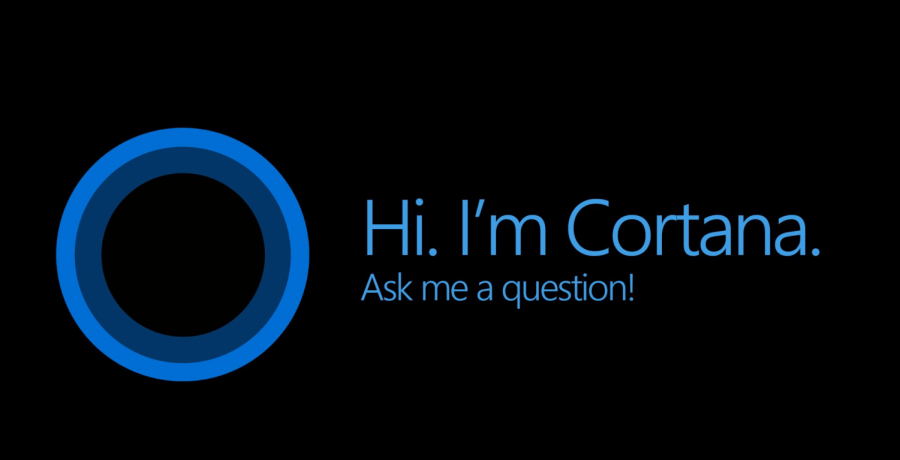Opinion: Microsoft’s acquisition of Semantic Machines outrageous
Mladjo123| / Wikimedia Commons
What may look just like a friendly AI will soon be human-like and could blurt out racial slurs.
May 23, 2018
Recently, Microsoft purchased the company Semantic Machines in an attempt to make their bots sound more like humans. This a huge problem, causing major concerns in ethics.
The point of artificial intelligence(AI for short) is to make life easier, being able to tell a robot to search the web for you instead of having to painfully type out your search query by yourself. That’s it. Just to make life easier.
Recently, however, the goal of AI is becoming something more. The awkward speaking robots are now becoming more human-like. This evolution is pointless, worrying and just plain wrong.
When purchasing Semantic Machines, Microsoft’s main goal was to make their bots less awkward and sound more like humans. There is a huge ethical problem with this goal.
In an article entitled “Microsoft buys AI company to make Cortana sound more human” on BT.com, it was written, “It also uses conversational AI to mimic casual human speech and to make it sound more natural, but the first demo was met with a mixed response and raised questions about the ethics of computers imitating humans.”
The most worrying part of this goal of making bots sound more like humans is the question of “should?” rather than “how?” The main question is should robots sound more like humans, would that be right? The simple answer to that is no. The whole point of AI is to make life easier and this is a step in the wrong direction.
For robots to become more and more like humans, they have to learn from humans. This is a huge problem because everybody talks different, acts different and have different beliefs.
In an article on theverge.com, Tom Warren wrote, “Microsoft has already had its own controversial problem with its own AI thanks to its racist Tay Twitter bot, so you’d imagine it will be very careful with whatever it develops from its acquisition of Semantic Machines.”
Already a problem in the past, these “advancements” in conversational AI will only lead to more problems, like robots not knowing how to be PC (Politically Correct), leading to what can be conceived as racism.
One final problem with creating robots that are more like humans is that robots are soon going to be able to make phone calls for humans. They can set up appointments and order food. This was demonstrated by Google and it brings up several concerns.
In an article on TheVerge.com, Warren wrote, “Google’s demonstration opened up a number of concerns over casual human speech and deeper concern over ethics.”
Overall, AI is a helpful technology. But it’s helpfulness is ruined when you have to worry about your robot friend being racially biased. In theory, having robots that sound like humans is cool, but in practice, it brings up too many concerns about ethics for the new technology to be practical.






















































